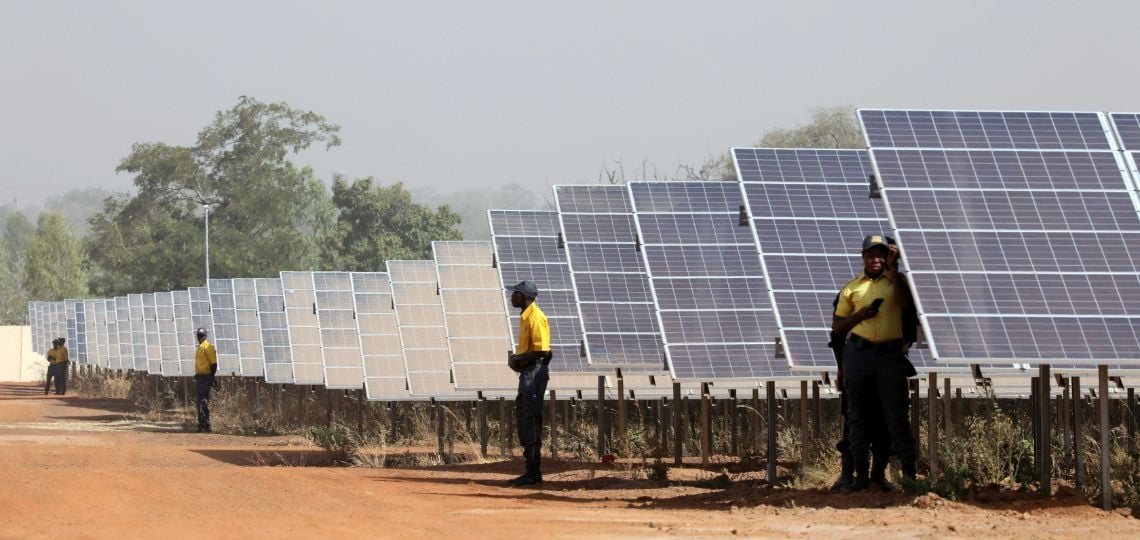IEA Optimistic on Tripling Global Renewable Energy Capacities by 2030
Key Ideas
- IEA reports that 70 countries are close to reaching or exceeding their 2030 renewable energy targets, with global capacity expected to triple by 2030.
- China is set to lead with nearly 60% of global renewable capacities by 2030, highlighting the importance of its energy policies.
- Renewable fuels like biofuels and hydrogen are lagging, requiring dedicated political support to achieve ambitious climate goals, including limiting global warming to +1.5°C.
- The rapid deployment of renewables is cost-effective globally, with renewables projected to add over 5,500 gigawatts of capacity by 2030, emphasizing their economic competitiveness.
The International Energy Agency (IEA) revealed that the goal set at COP28 to triple global renewable energy capacities by 2030 is within reach, particularly focusing on supporting renewable energy development in the Global South, specifically in Africa and Southeast Asia. The IEA's annual report, "Renewables 2024," shows that nearly 70 countries, representing 80% of the world's renewable energy capacity, are close to achieving their 2030 targets. While the progress aligns with tripling objectives, the IEA remains optimistic, urging governments to seize short-term action opportunities. By 2030, global renewable energy capacity is expected to reach 2.7 times its 2022 level, driven by photovoltaic solar power and wind energy growth. China is projected to dominate renewable capacities by 2030, showcasing the significance of its energy policies globally. Despite advancements, biofuels and hydrogen are trailing, requiring political support to decarbonize challenging sectors. The IEA emphasizes the economic competitiveness of renewables, stating they are the cheapest option for new power plants globally. To achieve ambitious climate goals, nations must enhance their NDCs and bolster international cooperation to reduce financing costs in emerging economies. The integration of renewable energies into national electrical systems, with a focus on storage and grid flexibility, is crucial to stabilize electricity supply. The think tank Ember views the current renewable energy growth as just the beginning, urging investments in storage and clean flexibility to drive a successful transformation.
Topics
South America
Renewable Energy
Climate Goals
International Cooperation
Economic Competitiveness
China
NDCs
Global South
Energy Systems Integration
Latest News
